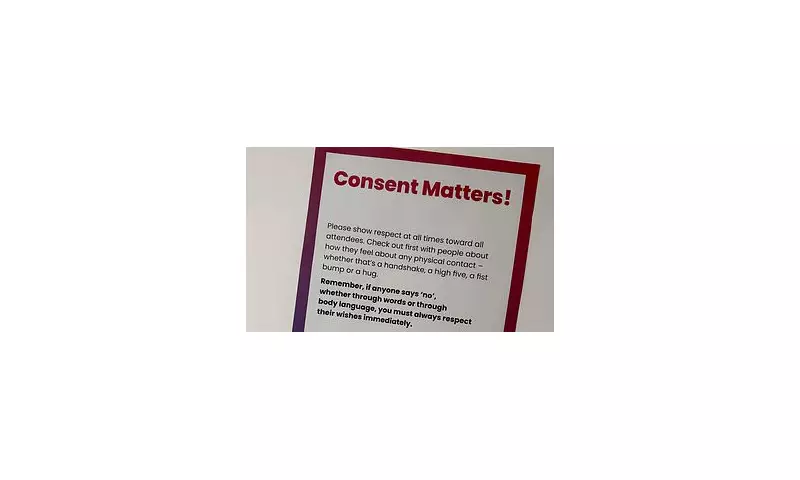
In a move that's reshaping traditional political interactions, attendees at the Labour Party's annual conference are being instructed to seek explicit verbal consent before engaging in any physical greetings, including handshakes and high-fives.
A New Era of Political Etiquette
The groundbreaking guidelines, distributed to all delegates, state that physical contact should never be assumed and must be preceded by clear verbal agreement. This policy represents a significant departure from the traditional back-slapping, hand-shaking culture that has characterised British political gatherings for generations.
Beyond Handshakes: Comprehensive Consent Protocol
The new protocol extends beyond simple handshakes to include:
- High-fives and fist bumps
- Shoulder pats and back slaps
- Hugs and other celebratory contact
- Any form of unsolicited physical interaction
Conference organisers have emphasised that these measures are designed to create a more inclusive and comfortable environment for all participants, particularly those with sensory issues, disabilities, or cultural preferences that make unsolicited physical contact distressing.
Mixed Reactions from Delegates
The policy has generated strong reactions across the political spectrum. Supporters praise it as a progressive step toward recognising diverse comfort levels and personal boundaries.
"This is about basic respect and acknowledging that not everyone is comfortable with physical contact," one delegate commented. "It's a small change that makes politics more accessible to everyone."
However, critics have labelled the guidelines as excessive and potentially damaging to the spontaneous camaraderie that political conferences traditionally foster.
Traditionalists argue that the centuries-old handshake represents trust and mutual respect in political dealings, warning that its formal elimination could fundamentally alter the nature of political relationship-building.
The Bigger Picture: Workplace Culture Evolution
This development reflects broader shifts in workplace and social etiquette across British institutions. Many corporations and organisations have been gradually moving toward more explicit consent practices, though rarely with such formalised protocols in political settings.
The Labour Party's decision places it at the forefront of this cultural shift within UK politics, potentially setting a precedent for other political organisations and events.
As delegates navigate this new landscape of interaction, the conference promises to be a fascinating case study in how political culture adapts to evolving social norms around personal space and consent.






